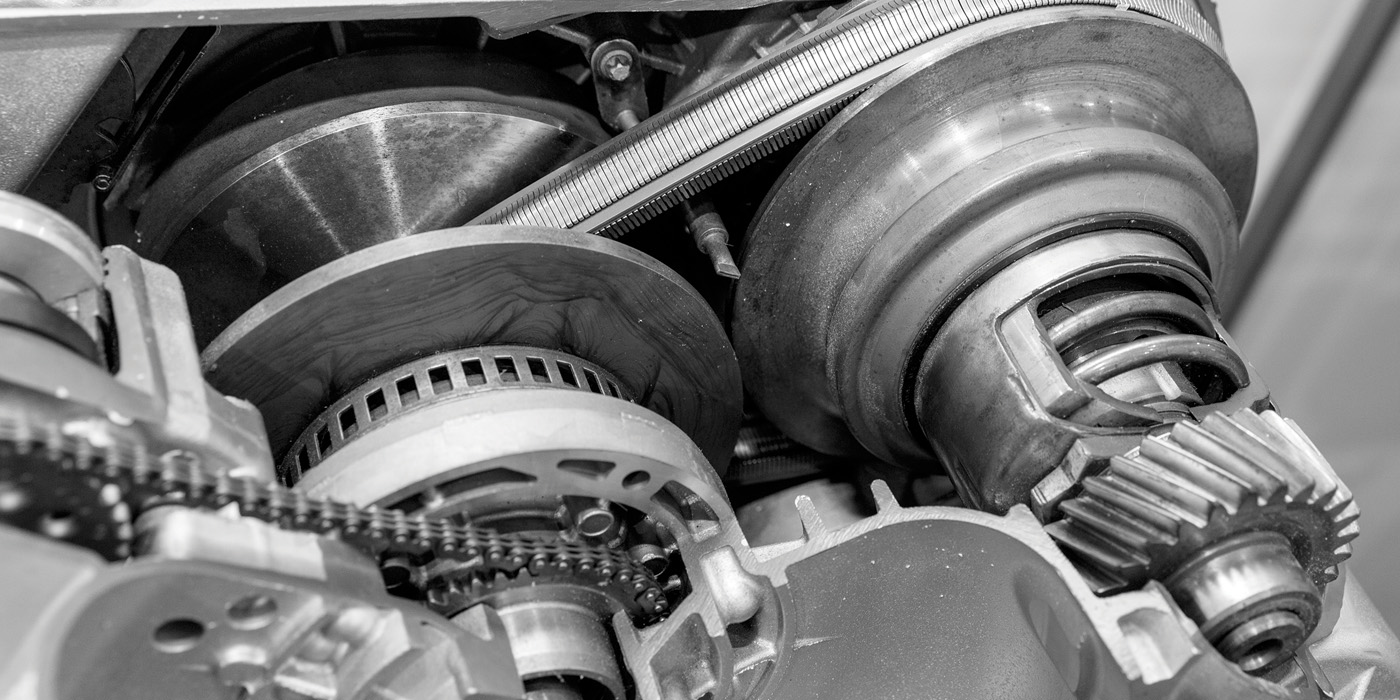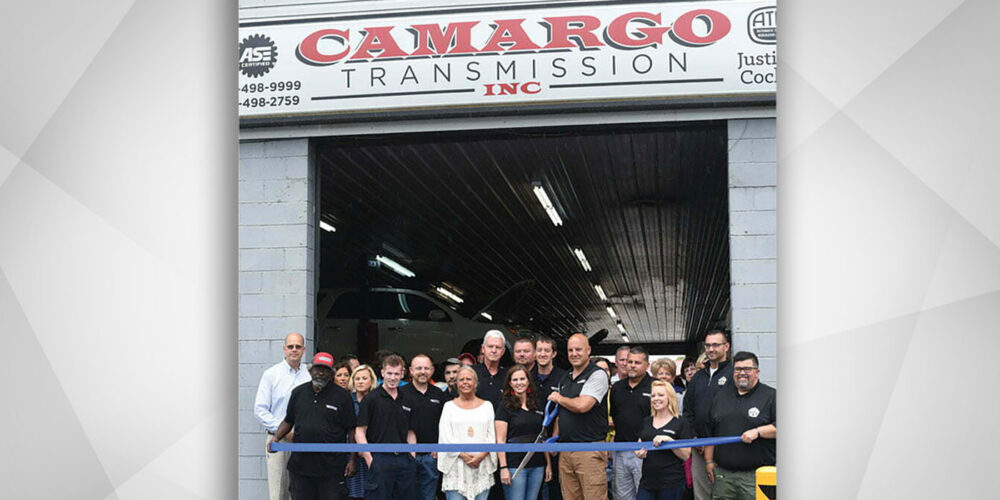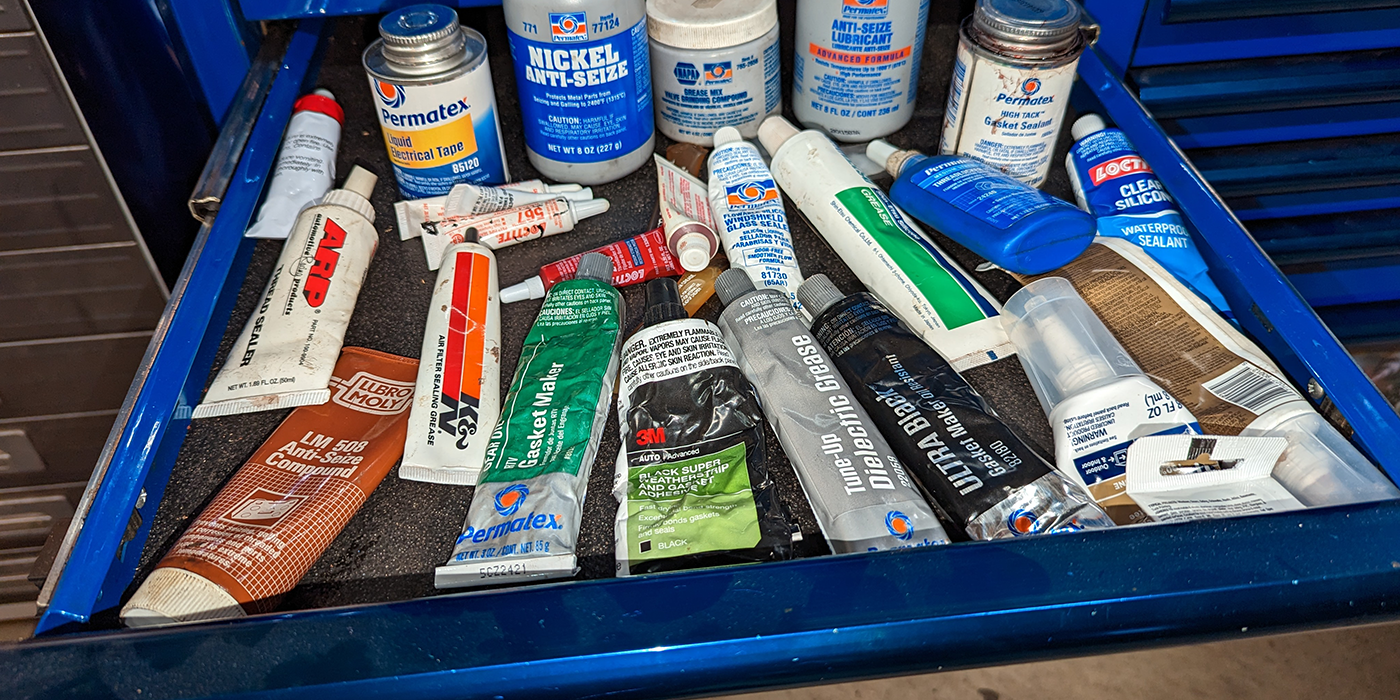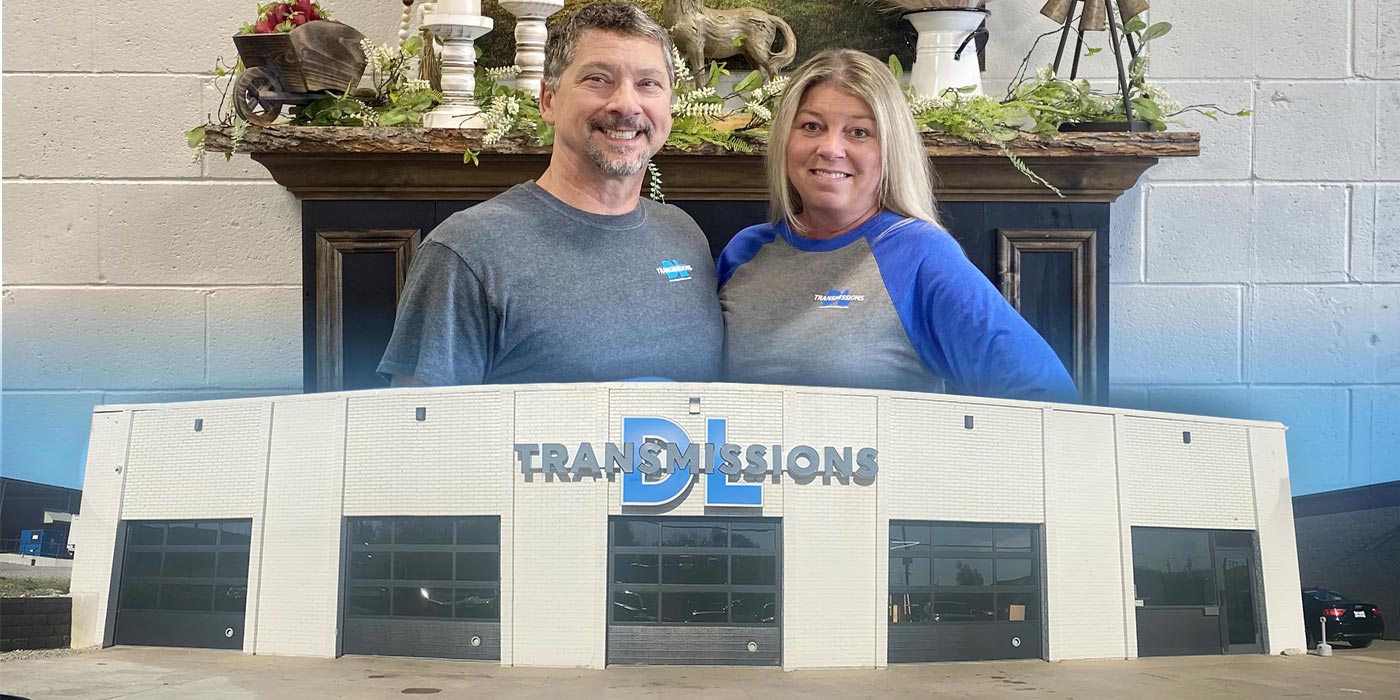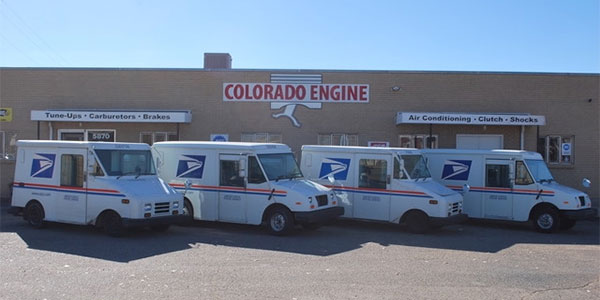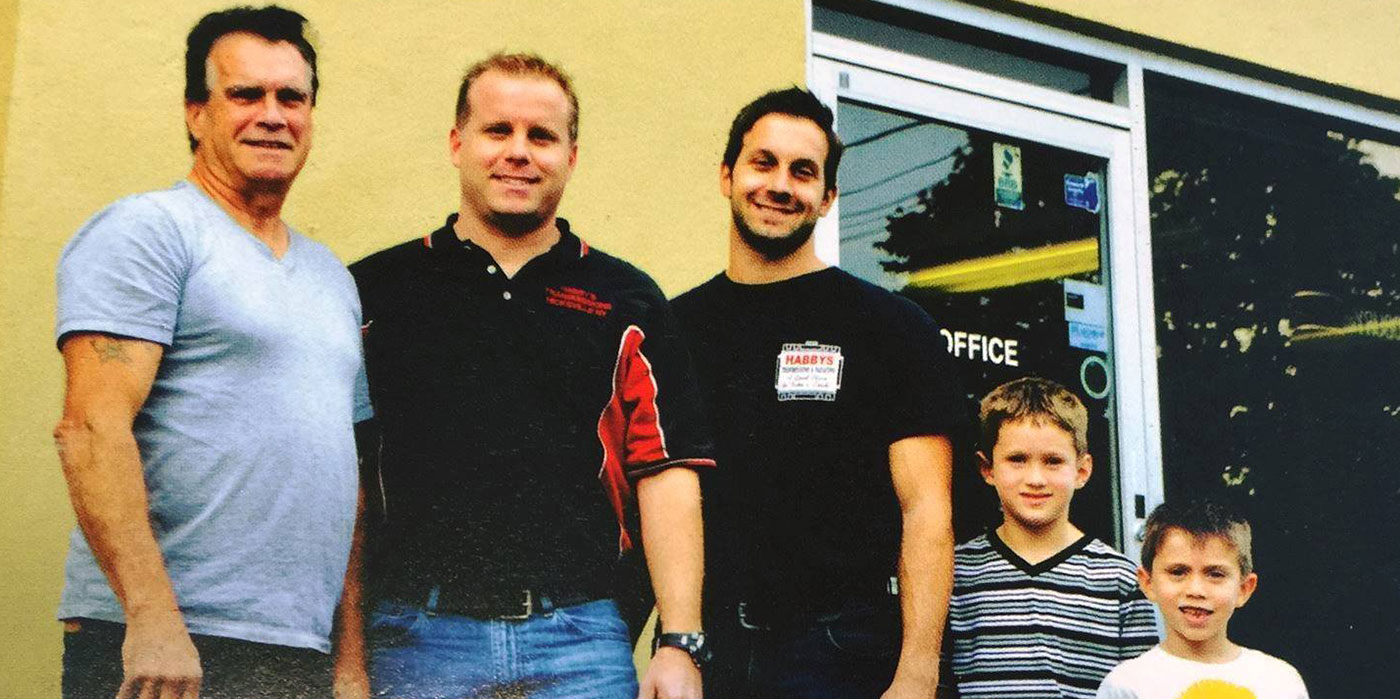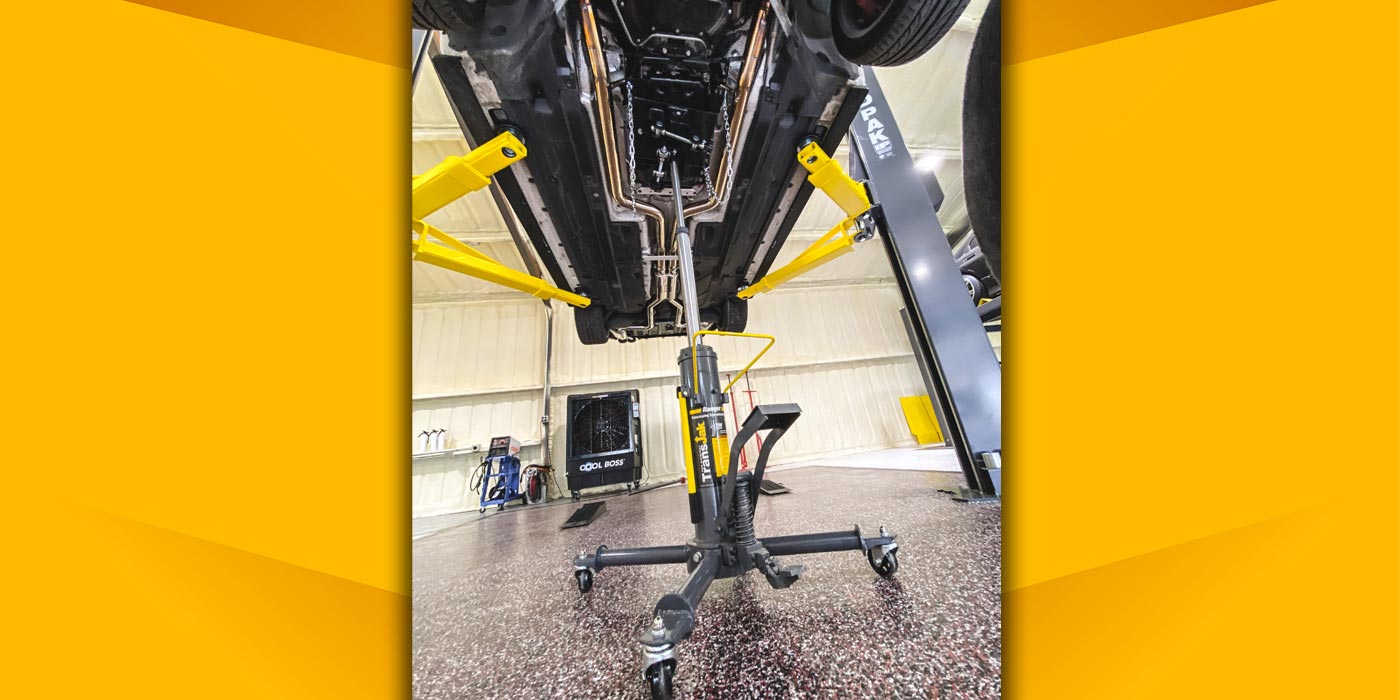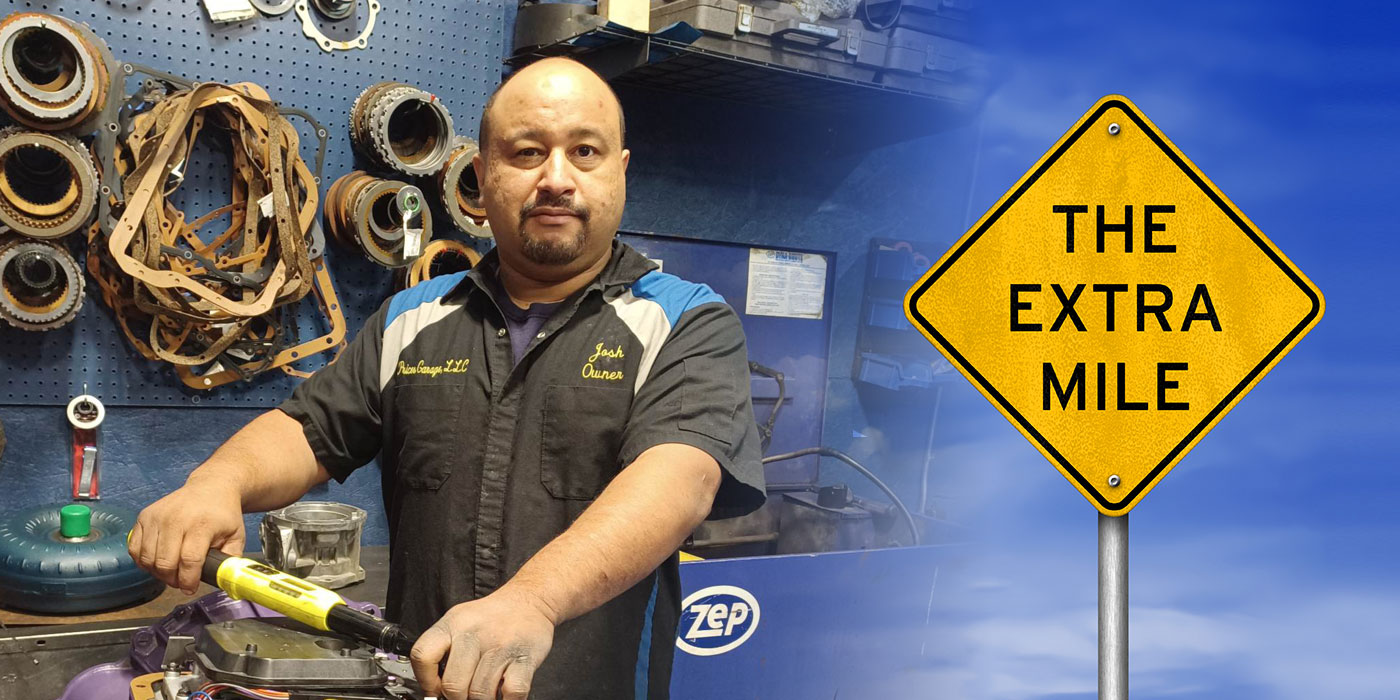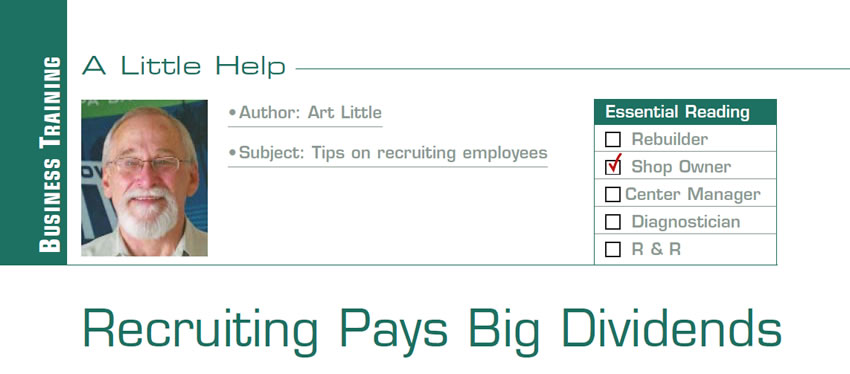
A. Little Help
- Subject: Tips on recruiting employees
- Essential Reading: Shop Owner
- Author: Art Little
Most transmission-shop owners would rather wear a dress than recruit. Who can blame you? The numbers are stacked against you as a recruiter. I get it. But I also know it’s part of your responsibility as a shop owner, and if you are going to be successful you need to keep your recruiting skills sharp. The fact is, if you hire the right people you can stop working for the numbers and have the numbers start working for you. I will show you in this article how that works.
There are a lot of really good reasons why you do not like to recruit. First, it takes a lot of your time, and your dance card is already full. This becomes just one more thing you have to take care of. You have to figure out how to find someone to talk with, then you have to talk with a lot of people before you run into a candidate who is even close to what you want.
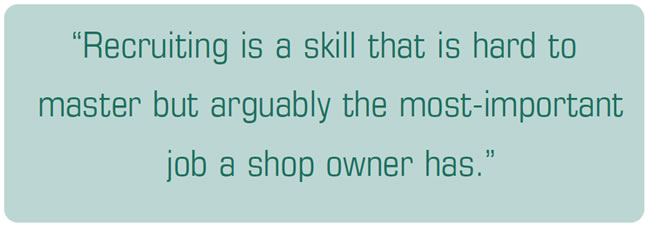
When you do find someone, you have about a 50/50 chance of his actually showing up after you hire him. When he does show up it’s back to the 50/50 deal in regard to whether he can really cut the mustard. He said he could, right? But can he?
There is no way to know until “the iron hits the cement.” Sometimes you buy your ticket to the show, get your popcorn, go sit on the front row and wait for the show to start – and there ain’t no show.
But, let’s say there is a show and he is competent. Now the question becomes, can he fit in and be a team player with your existing team? Yep, 50/50 again. A lot of variables here: Is it a young, fast crew? Is it a group of seasoned vets who don’t like drama? Are they family men? Single? Strong personality? Quiet personality? No personality? Good ol’ boys or hotheads? The list goes on and on. How do you know whether it will work out?
The real answer is you don’t. It is an educated guess at best, and sometimes you just luck into a good team. However you do it, if you build a team of people who are qualified to do the work, respect each other and like to work together, you will have pretty much done your job as a recruiter.
Although it is true that the numbers are not pretty when you are in the process of team building, they become very attractive when the “dream team “does come together. Let’s talk specifically about how your recruiting the right team can put more money in your pocket. We will start with a few simple hiring scenarios.
We will assume that the average major repair is $2,000, just to make it easy to figure.

How your recruiting skills can make you money:
- If you hire a manager who sells major transmission repairs for an average of $100 a job more than the previous manager, here is how the numbers work for you. If he sells eight major jobs a week, that increases the total sales for the week by $800; for the year, $41,600. The best part is that it did not cost you anything. The manager’s sales talent allowed the team to put $2,100 instead of $2,000 in the bank on every major repair. That is pure profit after commission.
- If you hire a new manager and he retains and sells two more repairs a week than the previous manager by using proper telephone procedure, he has increased the shop’s earning capacity by $4,000 a week or $208,000 a year. Recruiting that manager’s telephone skills could be the difference between the shop’s making a profit and going out of business.
- If you hire a builder who can build one more unit a week than the previous builder and everything else is equal, you have just increased the shop’s earning capacity by $2,000 a week or $104,000 a year. That is huge considering most shops don’t make a profit until they deliver the last two jobs.
- Maybe you hire a new manager who is better than your previous manager at managing production and, as a result, he increases your shop’s capacity by two jobs a week, or $208,000 a year. A manager with leadership qualities and strong organizational skills may be just what your team needs.
- Maybe you hire an installer who does all the diagnostics without bothering the builder. This allows the builder to stay on the bench and build one or two more units a week. That increases the shop’s earning capacity by $104,000 to $208,000 a year more because you recruited a new installer with the diagnostic skills the team was missing before.
How can your recruiting skills save you money?
- The most-obvious way to save money is if you hire an employee for less than what you paid your previous employee. If you save a hundred dollars a week on employee salaries that is $5,200 a year. If you save $200 a week, that adds up to $10,400 A year. A little hard-nosed negotiating can put a lot of money in your retirement fund over 25 years.
- You hire a manager who is better at buying parts for you than your previous manager. Let’s say he saves you a modest $300 a week. That adds up to $15,600 a year. That’s a new car or boat, or maybe a payment on a past-due parts bill.
- You hire a builder who has a lower warranty rate than your previous builder. That alone can add up to thousands of dollars in parts and labor savings and go a long way toward boosting shop morale and keeping down legal costs.
- You hire a builder who has a lower parts-cost percentage than your present builder. Using the savings of $300 a week as an example again, the savings are $15,600 a year. I’m thinking about that boat again.
- What if you hire an employee for less than what you paid your previous employee and he is more productive? That becomes a win-win situation for the shop owner that pays dividends coming and going. It saves you on payroll and increases the shop’s earning capacity, all in one hiring move. It makes you start thinking about that boat again, and the car too, doesn’t it?
There are many other scenarios to consider. We are talking about thousands of dollars a year extra revenue by just looking into a few examples of what can happen when you use your recruiting skills to hire the right people.
True enough, the recruiting numbers are stacked against you when you are team building. It seems as if you are always a dollar short and a day late. Sometimes you think you will never get it done, and there is a reason why you feel that way.
If you are a young owner, let me tell you why. It’s because it is a job that never ends – even after your dream team is assembled. That’s right. Just as in sports, teams come and go. It is your job to put the team together and supply new teammates when the team breaks up.
“When” is the key word here, because all teams eventually break up. A shop owner needs to understand this fact to have a proper prospective on his job as a recruiter. It is advisable to develop a long-term recruiting strategy, for that reason, and not make the mistake of getting into a costly panic-hiring situation.
Recruiting is a skill that is hard to master but arguably the most-important job a shop owner has. After all, what is more important than personally selecting the service people you want to work on your customers’ cars? Also, what could be more important than choosing the people and personalities you are going to work with every day?
I think we can all agree that recruiting and maintaining a winning team is a necessary and difficult task for today’s shop owner. But, if you succeed in getting past the numbers that are stacked against you as a recruiter and get the right people hired, it can pay big dividends for you in the end – and the numbers prove it.

Art Little is the founder and CEO of TransTeam. In his career he has worked as a professional manager, trainer, multiple shop general manager, owner and as a business consultant for transmission shop owners nationwide. TransTeam used the internet’s game changing technology back in 1997 to create the National Employment Headquarters for the transmission industry. Visit www.transteam.com.


